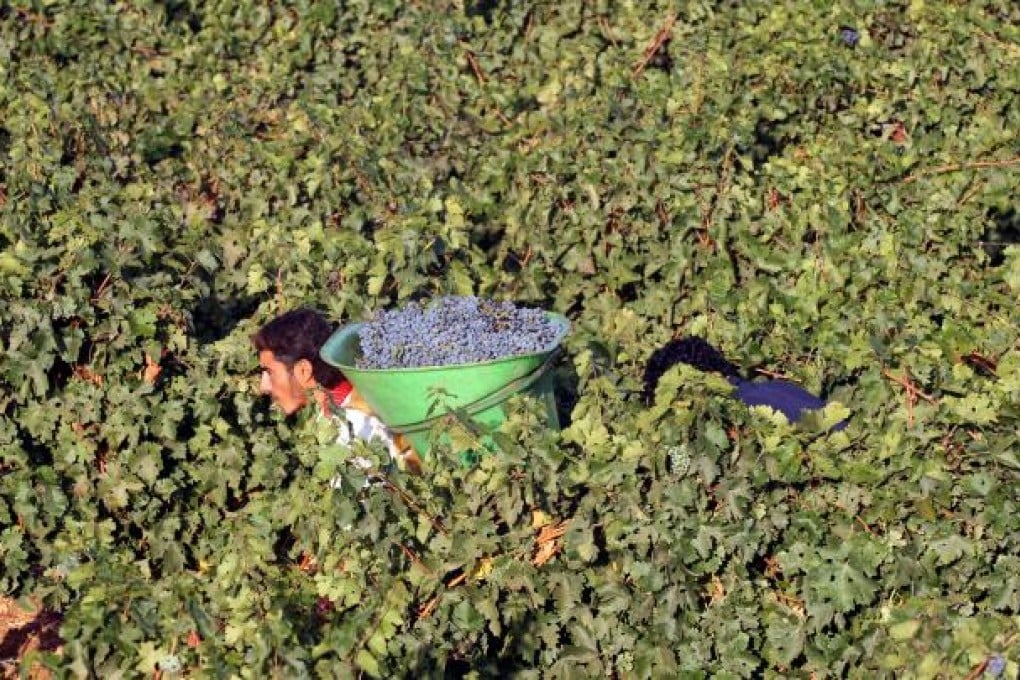
Chateau Musar's individuality and style mean it will always generate conversation over the dinner table. The wines are by no means perfect. The reds have often been described as having volatile acidity, which is normally associated with microbial faults. The whites may be oxidised and lack the fresh, vibrant primary fruit that we expect. Wine lovers have, however, shown a willingness to accept the flaws as part of the wines' overall character.
What makes Musar so attractive in this day of industrial winemaking is its history and the charisma of the chateau's owner, Serge Hochar. Perhaps it is also the romance and adversity that are encapsulated in the wine that keep its loyal fans captivated.
Chateau Musar is located to the north of Beirut in Lebanon, in the Bekaa Valley. This area was thrown into turmoil during the civil war. In 1988 and 1989 the winery suffered considerable damage from bombing. Despite the hardships of war and the cellars having to take a dual role as bomb shelters, the chateau continued to produce wine.
Hochar is both Musar's chief ambassador and responsible for its winemaking. He is the second-generation winemaker in the family and after becoming winemaker in 1959 he made a declaration to his father. "I want to make the wine my way. I want it to be known worldwide and I want you to quit." Hochar kept his word and in 1984 he was given 's first man of the year award for his dedication to producing excellent wine during Lebanon's civil war of 1975-1990.
Musar's vineyards are organically certified. A minimalist approach is adopted in the cellar. The wines are made with ambient yeast, use low levels of sulphur and are not fined or filtered. This does lead to a higher risk of potential wine faults and may also account for bottle variation in the wine.
